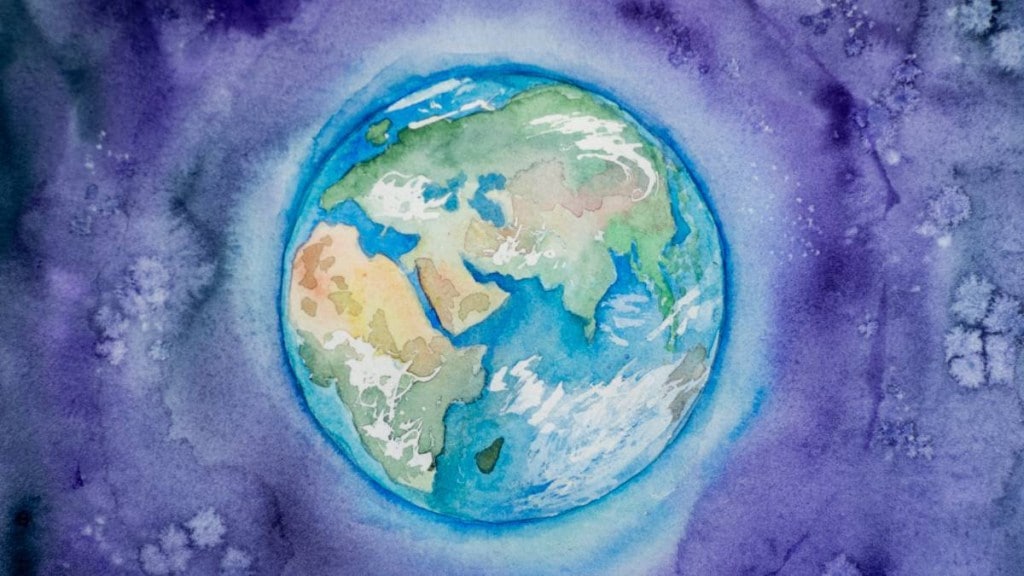Ever wondered what Earth would be like if oxygen was never present? Oxygen is a crucial element of planet Earth that helps in sustaining life of everything that is present right now. A study published in Nature Journal has predicted the future where Earth’s atmosphere will be low in oxygen.
This life-sustaining gas, which accounts for around 21% of the Earth’s atmosphere, is critical to the existence of several species. Conditions were substantially different when the planet originated roughly 4.5 billion years ago. The Earth’s atmosphere was dominated by carbon dioxide, methane, and water vapour.
The study suggested that this scenario is very far from happening, approx a billion years away but once the oxygen starts depreciating, it will happen very rapidly. According to the findings, the shift will return Earth to a state similar to what it was before the Great Oxidation Event (GOE) roughly 2.4 billion years ago.
The research has not been completed yet but researchers have started the study to find an alternative planet that can sustain life better than planet Earth as oxygen will not be a permanent member of Earth and sooner or later humankind will need other options. Researcher, Chris Reinhard, from the Georgia Institute of Technology said, “The drop in oxygen is very, very extreme. We’re talking around a million times less oxygen than there is today.”
Other scientists have complained about greenhouse and water body deterioration which will lead to oxygen disbalance in the planet. The research says, “The model projects that a deoxygenation of the atmosphere, with atmospheric O2 dropping sharply to levels reminiscent of the Archaean Earth, will most probably be triggered before the inception of moist greenhouse conditions in Earth’s climate system and before the extensive loss of surface water from the atmosphere.”
Researchers have also constructed comprehensive models of Earth’s atmosphere, analyzing changes in solar brightness and the resulting decline in carbon dioxide levels. Less carbon dioxide means fewer photosynthetic creatures like plants, which means less oxygen.
